Almost 90% of farmers given specific measures to help improve water quality on their farm by specially trained advisers have agreed to implement them.
The figure is one of the key findings in the first Agricultural Sustainability Support and Advisory Programme (ASSAP) interim report.
ASSAP was established in 2018 to help improve water quality by engaging with farmers, moving away from a regulatory one-size-fits-all approach.
To the end of 2019, a total of 1,168 free and confidential farm assessments were completed by ASSAP advisers.
Just over one quarter of all farms assessed were suckler farms, while a similar proportion were dairy farms. One fifth of all farms were mixed farms, while the remainder were beef finishers (16%), sheep (6%) and tillage (2%).
Issues
The assessments identified a total of 6,751 issues ranging from high to low risk. Land management issues accounted for 44% of these, with phosphorous loss through overland flow (521), buffer zones (412) and drinking points and stream fencing (401) among the most common.
Nutrient management practises accounted for 35% of issues identified. Here, preparation and implementation of nutrient management plans (465), organic manure timing, location and method (371) and achieving appropriate soil fertility (304) were the main concerns.
The remaining 21% of issues related to farmyard management. The top three issues identified included clean and grey water management (290), loose housing and farmyard manure storage (256), and round bale storage (290).
Solutions
Following identification of issues, advisers recommended mitigation options to farmers to alleviate them. For example, under land management where P loss is the main concern, options ranging from managing critical source areas to alleviating field compaction have been recommended over 700 times.
This extends to other areas where the most common solutions recommended include precision application of nutrients at correct rate (267), adherence to buffer zones (341), preventing livestock access to water (322) and separating water in the farmyard (234).
Collaboration
Speaking at the launch of the report, Teagasc ASSAP manager Noel Meehan said: “Working with farmers is the best way to realise improvements in water quality where agriculture is a pressure.
“The farming community has engaged very positively with the advisers and the science provided by the Local Authority Waters Programme (LAWPRO) is helping to focus mitigation actions at farm level that will help to reduce nutrient, sediment and pesticide losses to waters.”
Funding for the ASSAP programme has been provided by the Department of Housing, Planning and Local Government, the Department of Agriculture, Food and the Marine and the dairy processing co-ops – Arrabawn, Aurivo, Carbery, Dairygold, Glanbia, Kerry, Lakeland, North Cork and Tipperary.
Teagasc is providing 20 advisers and the co-ops are providing nine advisers to work with farmers.
Read more
Water quality shows double-digit improvement in ASSAP catchments
A collaborative industry approach to improving water quality
Almost 90% of farmers given specific measures to help improve water quality on their farm by specially trained advisers have agreed to implement them.
The figure is one of the key findings in the first Agricultural Sustainability Support and Advisory Programme (ASSAP) interim report.
ASSAP was established in 2018 to help improve water quality by engaging with farmers, moving away from a regulatory one-size-fits-all approach.
To the end of 2019, a total of 1,168 free and confidential farm assessments were completed by ASSAP advisers.
Just over one quarter of all farms assessed were suckler farms, while a similar proportion were dairy farms. One fifth of all farms were mixed farms, while the remainder were beef finishers (16%), sheep (6%) and tillage (2%).
Issues
The assessments identified a total of 6,751 issues ranging from high to low risk. Land management issues accounted for 44% of these, with phosphorous loss through overland flow (521), buffer zones (412) and drinking points and stream fencing (401) among the most common.
Nutrient management practises accounted for 35% of issues identified. Here, preparation and implementation of nutrient management plans (465), organic manure timing, location and method (371) and achieving appropriate soil fertility (304) were the main concerns.
The remaining 21% of issues related to farmyard management. The top three issues identified included clean and grey water management (290), loose housing and farmyard manure storage (256), and round bale storage (290).
Solutions
Following identification of issues, advisers recommended mitigation options to farmers to alleviate them. For example, under land management where P loss is the main concern, options ranging from managing critical source areas to alleviating field compaction have been recommended over 700 times.
This extends to other areas where the most common solutions recommended include precision application of nutrients at correct rate (267), adherence to buffer zones (341), preventing livestock access to water (322) and separating water in the farmyard (234).
Collaboration
Speaking at the launch of the report, Teagasc ASSAP manager Noel Meehan said: “Working with farmers is the best way to realise improvements in water quality where agriculture is a pressure.
“The farming community has engaged very positively with the advisers and the science provided by the Local Authority Waters Programme (LAWPRO) is helping to focus mitigation actions at farm level that will help to reduce nutrient, sediment and pesticide losses to waters.”
Funding for the ASSAP programme has been provided by the Department of Housing, Planning and Local Government, the Department of Agriculture, Food and the Marine and the dairy processing co-ops – Arrabawn, Aurivo, Carbery, Dairygold, Glanbia, Kerry, Lakeland, North Cork and Tipperary.
Teagasc is providing 20 advisers and the co-ops are providing nine advisers to work with farmers.
Read more
Water quality shows double-digit improvement in ASSAP catchments
A collaborative industry approach to improving water quality



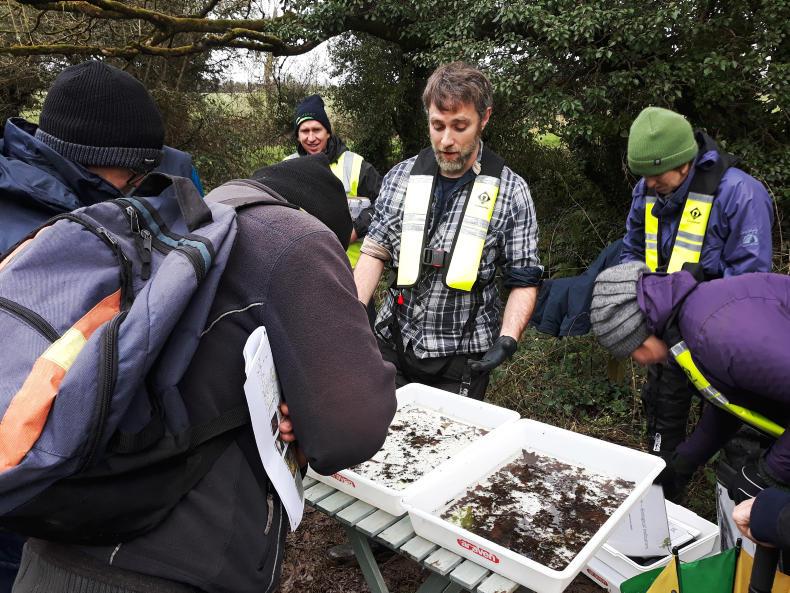

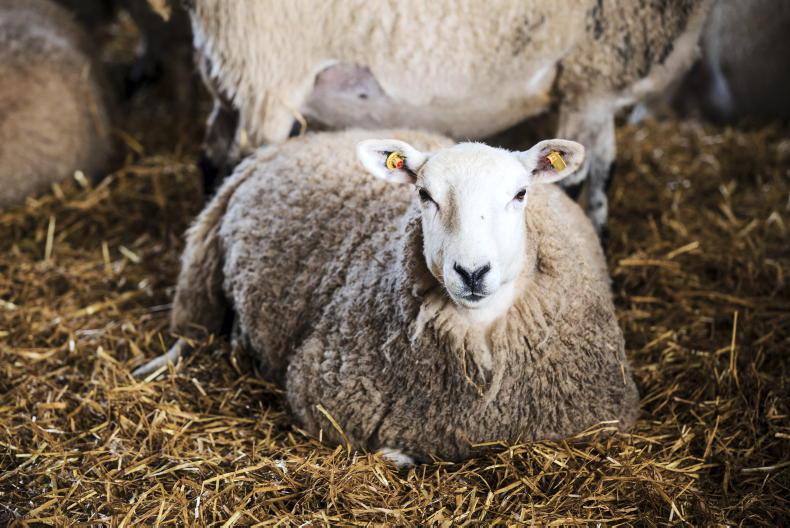

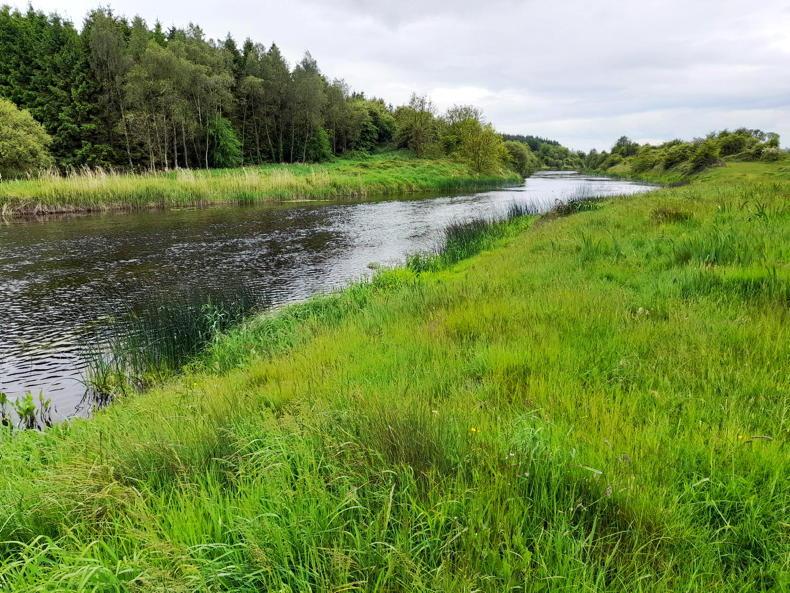
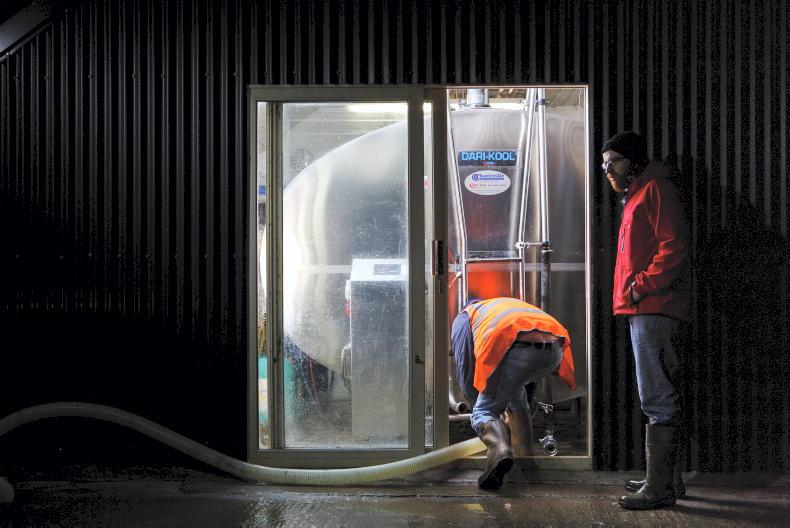
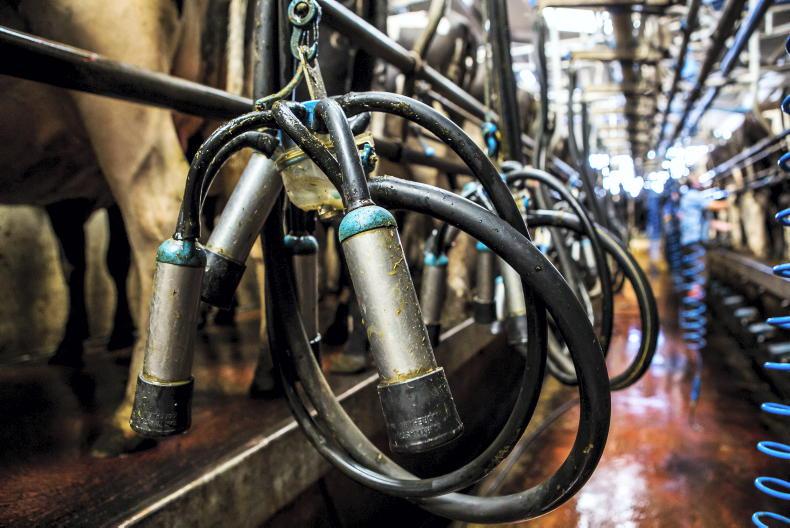
SHARING OPTIONS